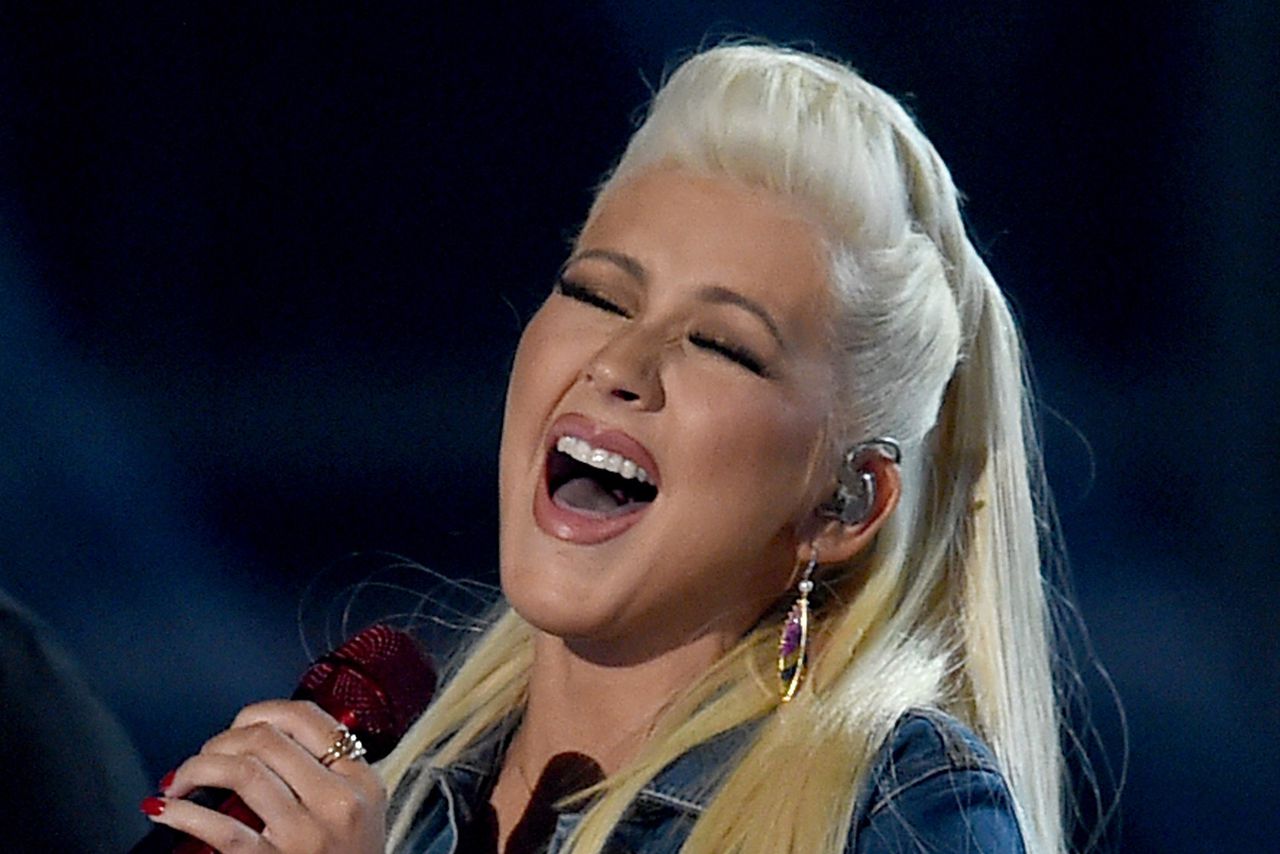Watch Disturbed’s Haunting Cover Of “Sound Of Silence”
Disturbed performs a track from their album Immortalized.
http://thesoundla.com/2016/03/watch-disturbeds-haunting-cover-of-sound-of-silence/
The music industry is begging the US government to change its copyright laws
'The DMCA has failed in its current form.'
39
(Ethan Miller/Getty Images)
Christina Aguilera, Katy Perry, deadmau5, and dozens of other musicians are asking the US government to revamp the Digital Millennium Copyright act (DMCA), the piece of law that governs access to copyrighted work on the internet. Musicians, managers, and "creators" from across the industry co-signed petitions sent to the US Copyright Office arguing that tech companies — think YouTube and Tumblr, sites with vast reserves of content that infringes on some copyright — have "grown and generated huge profits" on the backs of material that's illegally hosted.
"The growth and support of technology companies should not be at the expense of artists and songwriters," reads the letter signed by Aguilera, Perry, and their peers. "The tech companies who benefit from the DMCA today were not the intended protectorate when it was signed into law two decades ago."
WHOSE JOB IS IT TO POLICE COPYRIGHT INFRINGEMENT?
This is a complicated issue, but you can boil it down to one key question: whose job is it to police the appearance of copyrighted material where it doesn't belong? When the DMCA was created in 1998, it was much easier for artists and labels to handle isolated incidents of copyright infringement using the act's "notice-and-takedown" system. (It's self-explanatory: the copyright owner files a notice of infringement, it's processed, and the offending post is taken down.)
It's a lot harder to police the internet c. 2016. It's flooded with new, potentially infringing material every second, and the industry the notice-and-takedown system isn't responsive enough to help musicians' work retain its value. It's also noting that sites like YouTube have thrived on the "copyright black market," earning millions of clicks and views from content sitting in the grey area between posting and takedown. The sites counter by arguing they've given the labels the tools they need (like YouTube's Content ID system) to make DMCA takedowns faster and more effective.
It's unclear exactly what impact the industry's coordinated response will have on the status of the DMCA. Bloomberg notes that the US Copyright Office doesn't have the power to directly change the DMCA; it can recommend a set of changes to a subcommittee tasked with reviewing contemporary copyright law, but that's about it. If you take the industry's word for it, that change needs to happen fast, because the status quo is endangering the future of music. "The existing laws — and their interpretation by judges — threaten the continued viability of songwriters and recording artists to survive from the creation of music," reads the musicians' letter. "The next generation of creators may be silenced if the economics don't justify a career in the music industry."

No comments:
Post a Comment